Center for American Progress staff reviewed this page prior to publication.
The Open Philanthropy Project recommended a grant of $500,000 over two years to the Center for American Progress (CAP). This grant aims to support CAP, a major progressive think tank, to hire an economist focused on macroeconomic stabilization policy, one of our focus areas within U.S. Policy.
CAP plans to hire an economist to lead its research on macroeconomic stabilization, and Marc Jarsulic (CAP’s Vice President of Economic Policy) will also play a substantial role in this work. CAP’s overall plan for this area, modeled on the early work that eventually led to its Commission on Inclusive Prosperity,1 is to:
- Hold convenings to better understand the field
- Produce research reports documenting important factors in macroeconomic stabilization (e.g. the impact of the Taylor rule on income distribution)
- Produce policy proposals
- Use its network and outreach capacity to share its research and proposals with the media, Congress, presidential administration, and Federal Reserve
CAP provided us with a list of proposed research topics, all of which struck us as potentially worthwhile.2 Our primary goal for this grant is to increase progressive capacity and attention around macroeconomic policy and business cycle issues. Our impression is that, while there are many labor economists working at progressive think tanks, significantly less attention has been devoted to monetary policy and other macroeconomic stability issues, and that CAP plays a particularly prominent role in setting, and reflecting, the progressive agenda.
We see a number of potential risks to the success of this grant:
- Our basic theory of the case could be wrong for any number of reasons, such as:
- Increasing the number of macro-focused economists working at progressive think tanks could fail to have any impact on policymaking around macroeconomic issues because research and ideas aren’t the main barrier to policy change in the area. We think this is probably more likely than not, and are accordingly supporting groups that pursue alternative strategies, but we also believe that think tanks could be particularly helpful in convincing other advocates and interest groups of the importance of the issue in the long run.
- Progressive think tanks may have avoided work on macroeconomic stabilization for good substantive reasons, not just for lack of funding (e.g. because the topic is actually not as important as we believe it is or because there is little appetite for it amongst policymakers; we see the latter as more likely than the former).
- Gridlock in Congress could prevent virtually any legislative progress in the coming years. We see this as fairly likely.
- CAP could be the wrong partner. Our impression is that CAP has a strong track record of attracting media and policymaker attention to its work and has played a particularly prominent role in agenda-setting during Democratic administrations, but macroeconomic stabilization policy could turn out to be a bad fit for the organization.
- As always within this area, we could be mistaken about which sorts of policy changes would be beneficial.
To follow up on this grant, we expect to have a conversation with CAP staff every 6-12 months for the next two years, with public notes if the conversation warrants it. Towards the end of the grant, we plan to attempt a written update about how we see the grant overall.
Our process
Mike Konczal of the Roosevelt Institute had mentioned CAP to us in 2014 as an organization to consider supporting for macroeconomic policy work,3 but we had not prioritized a conversation because of CAP’s limited work in the area to date. However, when we first spoke with Marc Jarsulic in 2015, he expressed interest in hiring someone to work on macroeconomic stabilization and told us that lack of resources had been the main barrier to prioritizing work in the area. After several subsequent conversations, we decided to recommend a grant of $500,000 over two years.
Sources
| DOCUMENT | SOURCE |
|---|---|
| CAP 2015 | Source (archive) |
| CAP, Monetary Policy Plan | Source |
| Our non-verbatim summary of a conversation with Mike Konczal, January 23, 2014 | Source |
